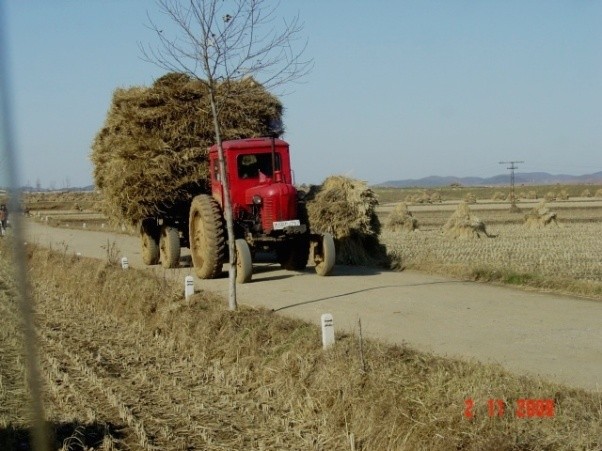- UNDP around the world
×
Many of UNDP's relationships with countries and territories on the ground exceed 50 years.
Find details on our successes and ongoing work. Visit UNDP's global website.- Bahrain
- Bangladesh
- Barbados
- Belarus
- Belize
- Benin
- Bhutan
- Bolivia
- Bosnia and Herzegovina
- Botswana
- Brazil
- Burkina Faso
- Burundi
- Cambodia
- Cameroon
- Cape Verde
- Central African Republic
- Chad
- Chile
- China
- Colombia
- Comoros
- Congo (Dem. Republic of)
- Congo (Republic of)
- Costa Rica
- Côte d'Ivoire
- Croatia
- Cuba
- Cyprus
- Madagascar
- Malawi
- Malaysia
- Maldives
- Mali
- Mauritania
- Mauritius & Seychelles
- Mexico
- Moldova
- Mongolia
- Montenegro
- Morocco
- Mozambique
- Myanmar
- Pacific Office
- Pakistan
- Panama
- Papua New Guinea
- Paraguay
- Peru
- Philippines
- Programme of Assistance to the Palestinian People
- Samoa (Multi-country Office)
- São Tomé and Principe
- Saudi Arabia
- Senegal
- Serbia
- Sierra Leone
- Somalia
- South Africa
- South Sudan
- Sri Lanka
- Sudan
- Suriname
- Swaziland
- Sweden (Rep. Office)
- Syria
- Tajikistan
- Tanzania
- Thailand
- The former Yugoslav Republic of Macedonia
- Timor-Leste
- Togo
- Tokyo (Rep. Office)
- Trinidad and Tobago
- Tunisia
- Turkey
- Turkmenistan
- Operations
- Research & Publications
- News Centre












